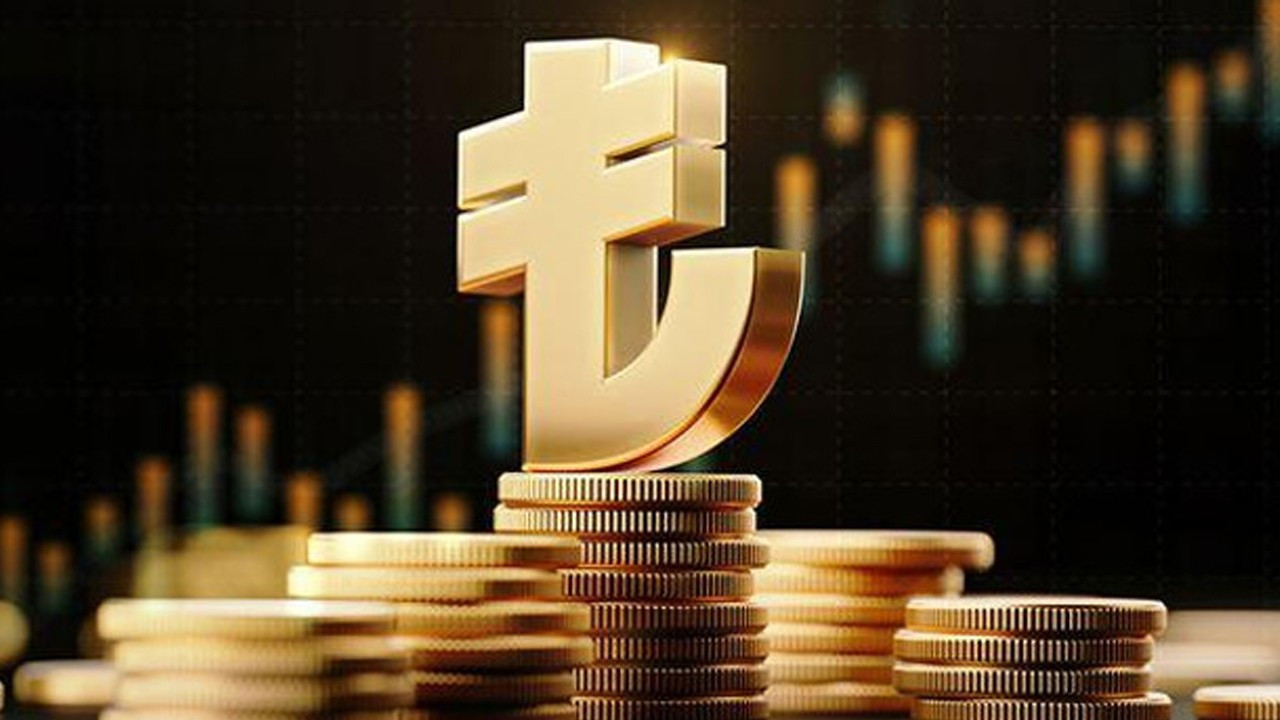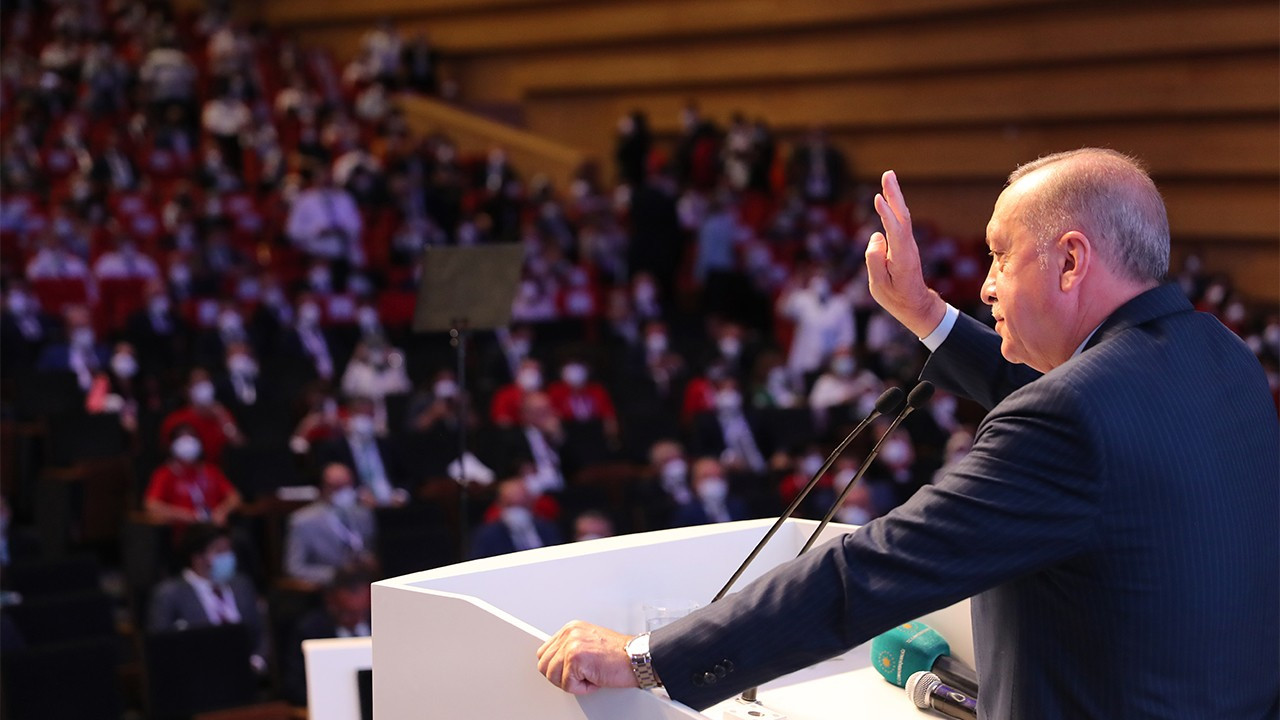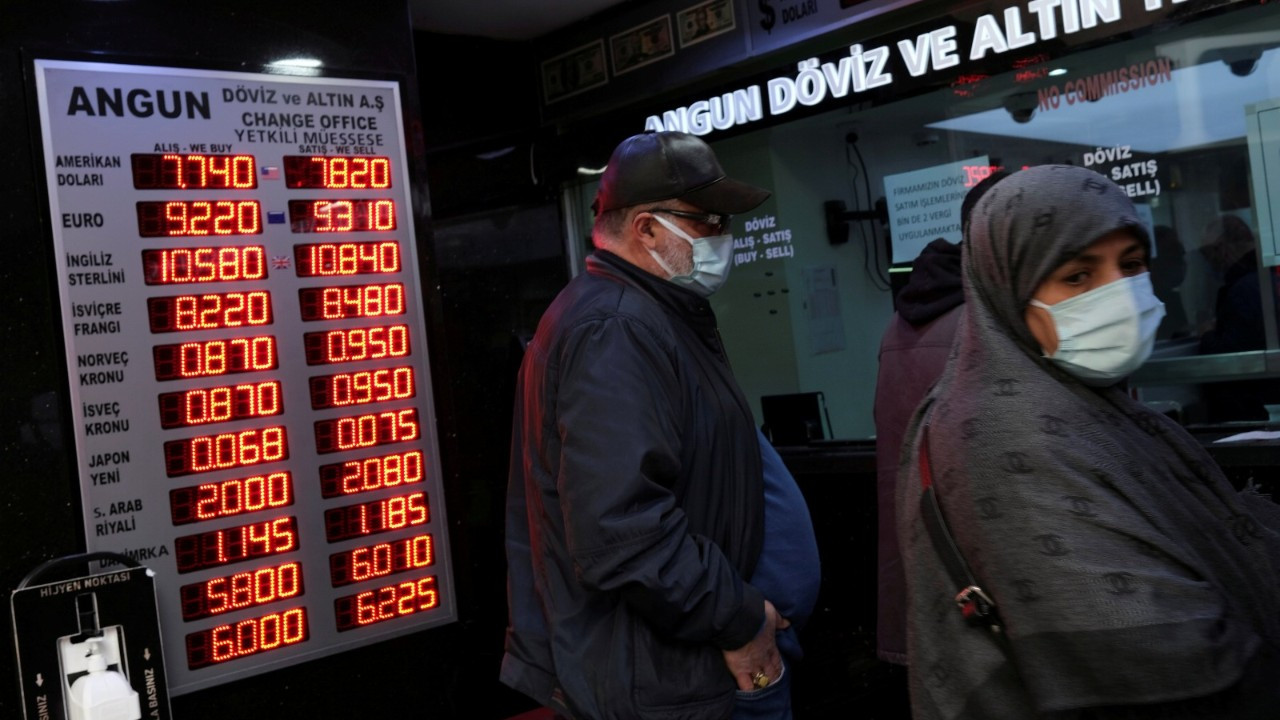Turkish central bank surprises with rate cut, lira slides to near-record low
Turkey's lira slumped as much as 1.5% on Sept. 23, just shy of its lowest on record against the dollar, after the central bank cut the benchmark interest rate by 100 basis points to well below the country's inflation rate.
Duvar English - Reuters
Turkey’s central bank unexpectedly cut its policy rate by 100 basis points to 18% on Sept. 23, delivering stimulus long sought by President Recep Tayyip Erdoğan despite high inflation, and sending the lira to near a record low.
The central bank was widely expected to hold interest rates steady at 19%, where they had been since March, given inflation reached 19.25% last month. Only two of 17 economists polled by Reuters had predicted a cut.
But Governor Şahap Kavcıoğlu - whom Erdoğan installed at the bank in March - has sounded more dovish in recent weeks, paving the way for Turkey’s first monetary easing since May 2020 and ending a tightening cycle that began 12 months ago.
Kavcıoğlu had begun emphasizing core inflation, which stood below 17% in August, and had said policy was tight enough to cool price rises in the fourth quarter.
The bank’s policy committee said a rate cut was “needed” because of the lower core price measures - which strip out food and some other goods - as well as shocks to supply in the wake of pandemic measures.
The recent rises in inflation “are due to transitory factors," it said. “The tightness in monetary stance has started to have a higher than envisaged contradictory effect on commercial loans.”
The lira fell as much as 1.5% and stood at 8.76 against the dollar at 1123 GMT, near an all-time low of 8.88 set in June. Depreciation brings further inflation in Turkey due to imports priced in hard currencies.
“Obviously the currency has weakened and it will weaken further, but I don’t think you are going to see it blow up completely because there was some positioning for this,” said Peter Kisler, emerging markets portfolio manager at Trium Capital.
The central bank’s dovish pivot this month had prompted analysts to warn of a “policy mistake” if cuts come too soon, though most predicted they would come before year end. Investor jitters drove a more than 4% currency devaluation this month.
Foreign investors have dumped Turkish assets in recent years due in part to concerns over the political independence of the central bank, given Erdoğan ousted its last three governors over a 20-month span due to policy disagreements.
A self-described “enemy” of interest rates, Erdoğan said in June he spoke to Kavcıoğlu about the need for a rate cut in August. Last month, he said “we will start to see a fall in rates."

 $3 billion loan behind Erdoğan’s new support for Paris Climate AgreementDiplomacy
$3 billion loan behind Erdoğan’s new support for Paris Climate AgreementDiplomacy Central Bank prepares to launch digital Turkish Lira currencyEconomy
Central Bank prepares to launch digital Turkish Lira currencyEconomy Erdoğan twists five financial facts in single speechEconomy
Erdoğan twists five financial facts in single speechEconomy Turkish lira hits record lows after Erdoğan reiterates call for interest rate cutsEconomy
Turkish lira hits record lows after Erdoğan reiterates call for interest rate cutsEconomy